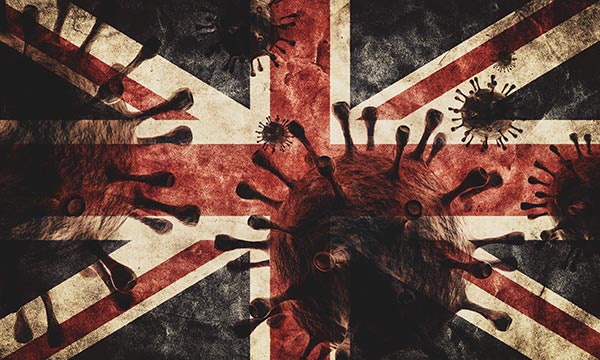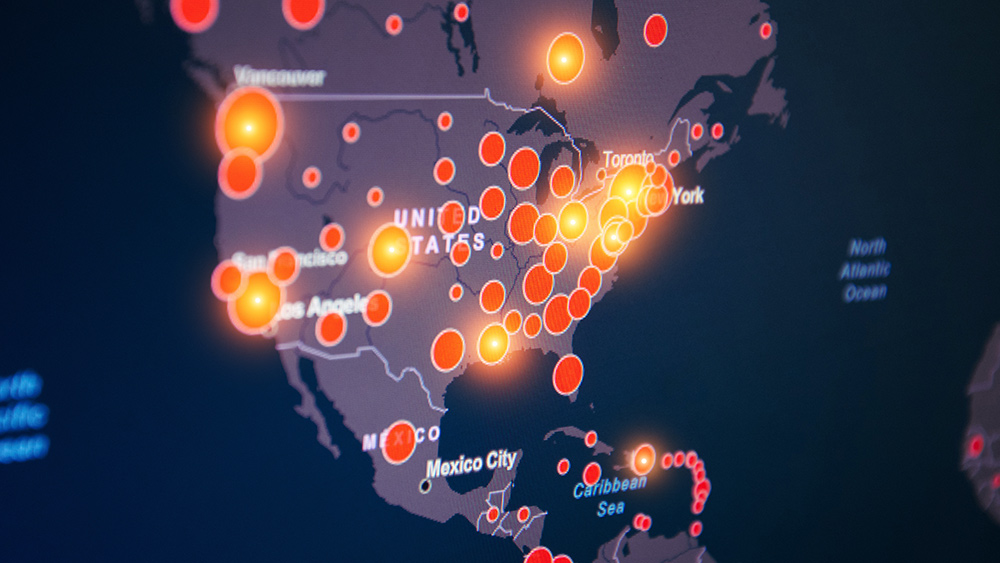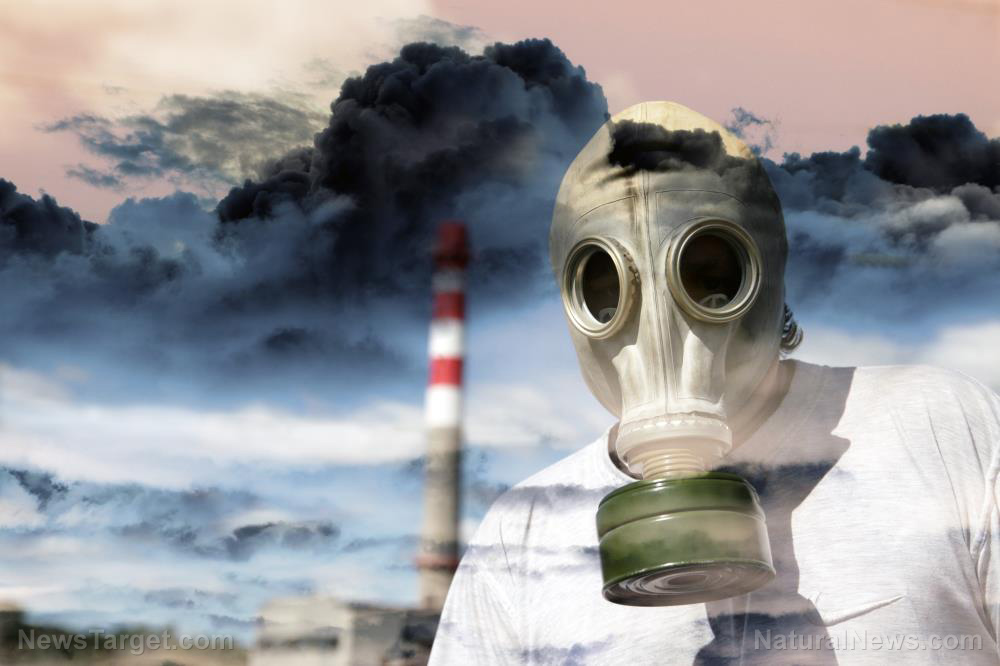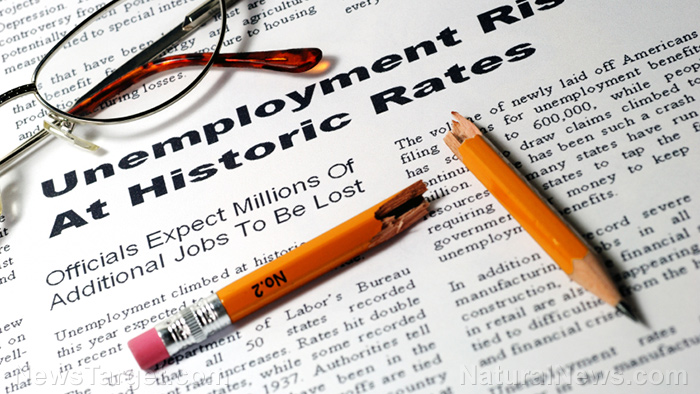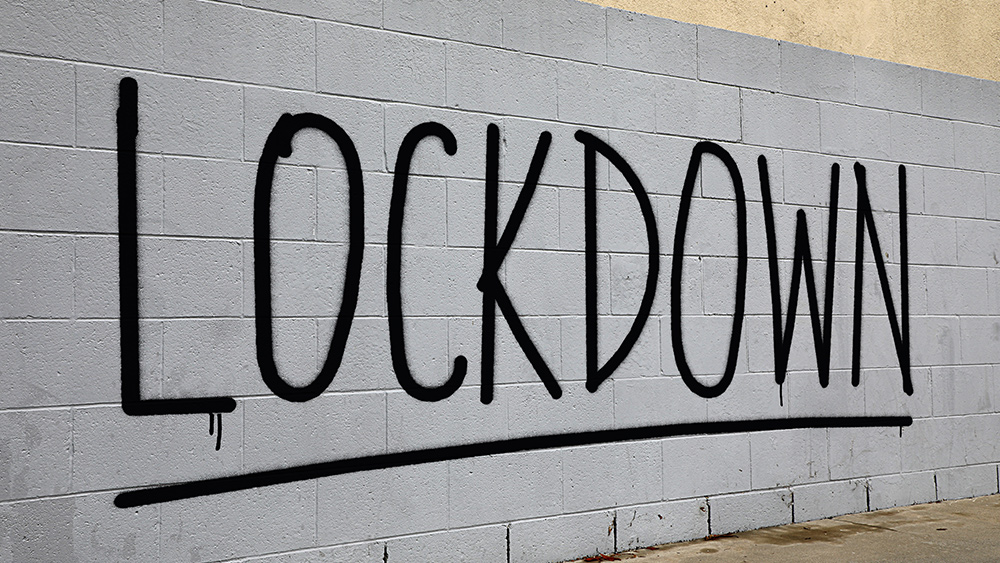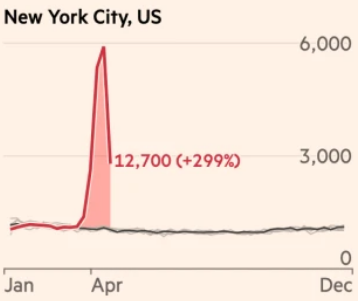Banks could get up to $24 billion in “free money” from the CARES Act
07/15/2020 / By Franz Walker
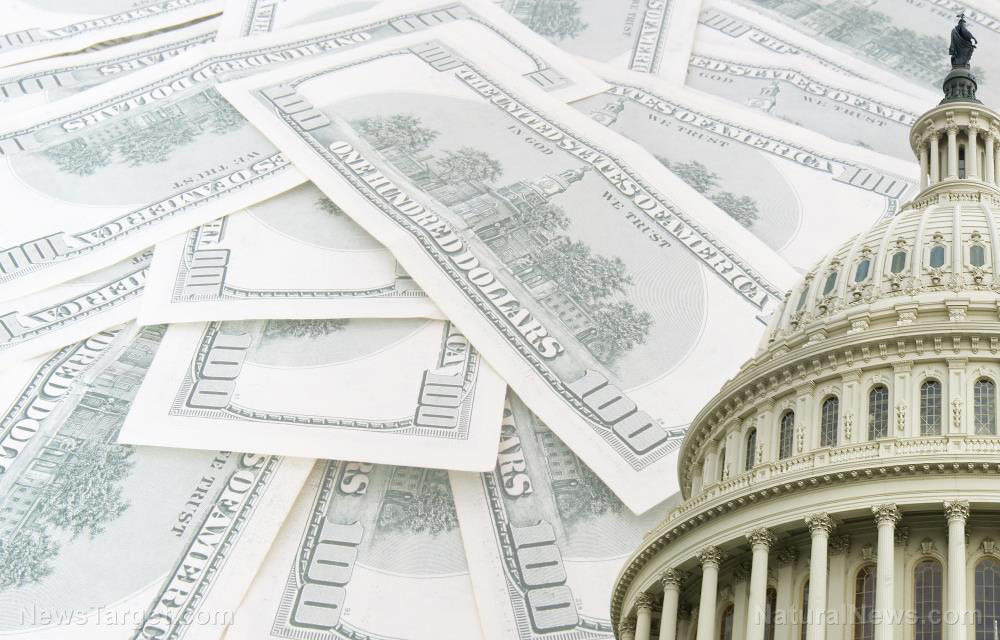
The CARES Act, the economic stimulus act designed to help businesses weather the Wuhan coronavirus pandemic, is set to make banks up to $24 billion just from fees for processing small business Paycheck Protection Program (PPP) loans.
According to Edwin Hu of the New York University School of Law’s Institute for Corporate Governance and Finance, more than 4,000 banks and lending institutions are in line to split anywhere between $14.3 billion and $24.6 billion in processing fees for PPP loans.
Hu’s calculations are higher than the previous $18 billion estimate provided by a report from the Washington Center for Equitable Growth.
Fees collected from PPP loans is “free money”
Banks traditionally use fees to cover the cost that comes with processing the loans, as well as the risk provided that some of the loans turn out to be fraudulent. PPP loans, however, stem from the government; as such, there is no credit risk. If business owners who qualified for PPP loans default on them, then the Small Business Association (SBA) takes the hit, not the banks.
“Basically it’s free money,” said Amanda Fischer, policy director at the Washington Center for Equitable Growth who made the earlier $18 billion estimate.
The money from processing fees represents a significant windfall for a number of banks. For example, JPMorgan Chase and Bank of America are in line to split between $1.5 billion and $2.6 billion in fees, just for being conduits of the government’s aid program for small business stricken by coronavirus shutdowns.
That the banks are able to take all this money off the relief program comes from the fact that the United States had no existing public infrastructure ready to quickly get money out to struggling businesses at the start of the pandemic. This is something that Fischer characterized as a “failure of preparedness,” adding that the country “should have invested in better systems.”
The SBA, which is running the $669 billion PPP, had long been under fire for failing to process emergency relief quickly during previous natural disasters. As such, when the agency was needed to respond to the coronavirus crisis as fast as possible, it was in no position to do so and Congress mandated that the loans be run through the banks instead.
Banks claim they won’t make much money
Despite the large amount of money to be made from PPP processing fees, most banks state that they don’t expect sizable profits from the program. This is due to the cost of having to build the loan infrastructure as well as having to dedicate thousands of workers to it.
In addition, the largest banks involved, such as JPMorgan Chase and Bank of America, have promised to donate any profits they make from the PPP. (Related: New CARES Act only cares about big corporations – local restaurants walk away with NOTHING.)
PPP funds also unevenly distributed
On top of the money that banks are set to make from the program, the way that the PPP was implemented has also resulted in an uneven distribution of funds. Banks that already made loans through the SBA were the first to submit applications for loans, and most gave priority to existing customers.
A recent study, by the University of Chicago’s Becker Friedman Institute for Research in Economics, found that areas served by America’s four largest banks – Bank of America, Citibank, JPMorgan Chase and Wells Fargo – underperformed in terms of how many businesses received PPP funding.
On the opposite end of the spectrum, another study by economists at the Federal Reserve Bank of New York found that more businesses got PPP loans in areas served by mid-sized and community banks. In other words, whether a small business received the money it needed to stay afloat depended largely on the composition of financial institutions in its area.
“That’s a really perverse outcome,” Fischer said.
Sources include:
BFI.UChicago.edu [PDF]
Tagged Under: bailout, bailout money, banking, banks, CARES Act, coronavirus, covid-19, economics, finance, government, lending, loans, money, outbreak, pandemic
RECENT NEWS & ARTICLES
COPYRIGHT © 2017 PLAGUE INFO

